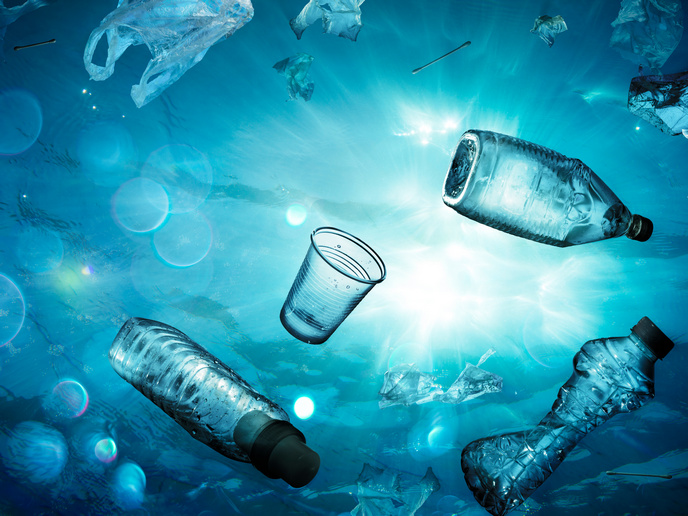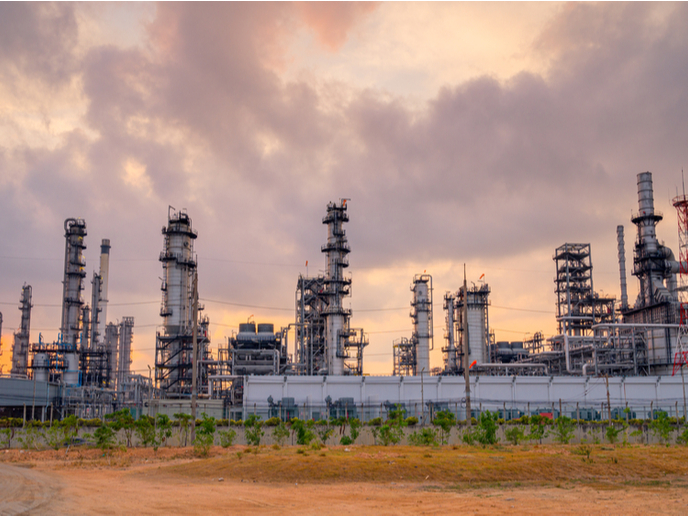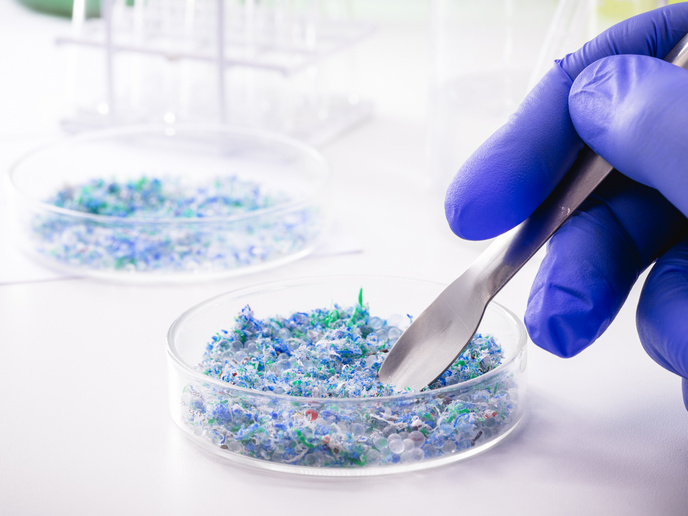Industrial pollution in the Mediterranean
The EU-funded project 'Boosting best available techniques in the Mediterranean Partner Countries' (BAT4MED)(opens in new window) analysed how integrated pollution prevention involving Egypt, Morocco and Tunisia could combat this threat. BAT4MED is working on minimising the negative impacts of polluting industries to improve environmental protection by supporting the transfer and uptake of environmental technologies in developing countries.The project team analysed the industrial context in the target countries to identify the most promising sectors with the highest environmental benefit potential. Specifically, the project looked at how these three countries could apply the EU's Integrated Pollution Prevention and Control (IPPC) Directive to control industrial emissions released into air, water and land. This approach requires polluting industrial operators to obtain environmental permits based on the application of best available techniques (BATs) for running their industrial facilities. Researchers designed and applied methodology for BAT assessment in relation to each identified industry sector. It also looked at how to adapt current permitting procedures of the different countries to the IPPC approach. Work also revolved around assessing technical feasibility, economic feasibility and environmental performance of BATs, as well as the impact of newly adopted BATs, and potential improvement for environment and health.BAT4MED found that the two most promising industrial sectors with the highest environmental potential benefit were the textile sector and the food sector (specifically, the dairy sector). It then worked towards policy convergence in pollution prevention and control that covered all third countries involved in the project, studying gaps between non-EU and EU countries in addition to assessing available policy options.Through these achievements the project team has paved the way for implementing BATs to respond to specific health and environmental impacts from industrial emissions in the Mediterranean region. It furthered knowledge on improving evaluation of preventive and abatement technologies in each sector. Having deduced that most challenges faced by Mediterranean industries are common to the majority of countries in the region, the project has generated important results that go beyond the geographical scope of the project. Its results have already been transferred to other non-EU Mediterranean (or near-Mediterranean) countries such as Lebanon and Jordan.>







